Centre for Community Engagement & Work Integrated Learning
The functions, roles, and services that the department offers to staff
The Centre for CE and WIL aims to integrate academic knowledge with practical experience in the community. Its primary functions encompass establishing partnerships, coordinating internships, integrating community engagement into the curriculum, providing student support services, overseeing project development, conducting monitoring and evaluation, organizing events, conducting research, facilitating faculty development, and involving alumni in mentoring programs.
The vision, mission, of your faculty or department
Vision:
To be a Centre of Excellence working smartly with industry, government, and community, locally and globally, to provide co-operative education and community engagement opportunities for students to meet the challenges in this fast-changing world.
Mission
To provide strategic direction and leadership for community and industry engagements with the university and quintuple helix partners regionally, nationally, and internationally in promoting graduate employability and grant systems.
To re-imagine the Work Integrated Learning framework through appropriate curriculum development, research, and quality assurance.
To contribute to a sustainable economy and cohesive community in South Africa, the African continent and beyond seek to instil values, graduate attributes, employability, entrepreneurship, and social responsiveness in students, through staff and student development, engagement, and research initiatives.
The strategic goals of your faculty or department
V2030 Goals:
1. Promote work readiness of students for the future world of work through:
Mapping graduate attributes in qualifications
Offer effective work preparedness topics.
identifying innovative, effective, and efficient cutting-edge information and communication technologies, resources, and services
2. Staff development workshops for faculty and department WIL co-ordinators and Service-Learning co-ordinators in implementing the WIL cycle and Service-Learning projects
3. Monitor and evaluate WIL programme
4. Monitor and evaluate Service-Learning projects in all qualifications
5. All faculties to be encouraged to engage in community engagement projects.
6. Monitor and evaluate the effectiveness of Advisory Committees.
7. Promote and monitor a unique CPUT multi-cultural community/global academic community by building capacity in our teaching and learning, research, innovation and engagements, that will ensure students and staff can act as global scholars, employees and employers
8. Promote and monitor development of linkages in the quintuple helix environment in faculties.
9. Promote smart student engagement and learning experiences
Course Information
For queries/booking of courses please contact Liyabona Ginya at ginyal@cput.ac.za
List of Courses | Dates | Training Presenter Details |
|---|---|---|
WIL Induction and capacity development | TBC | |
Service-Learning Training | TBC | |
WIL and CE Research workshops | TBC | |
Wellness workshops | TBC | |
Health and safety procedures | TBC | |
LinkedIn Learning Training | TBC |
